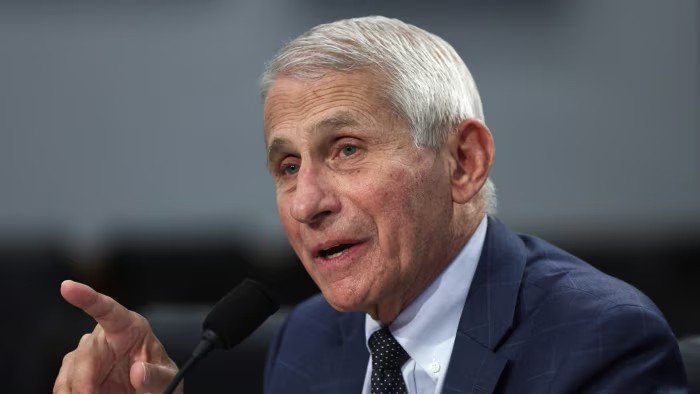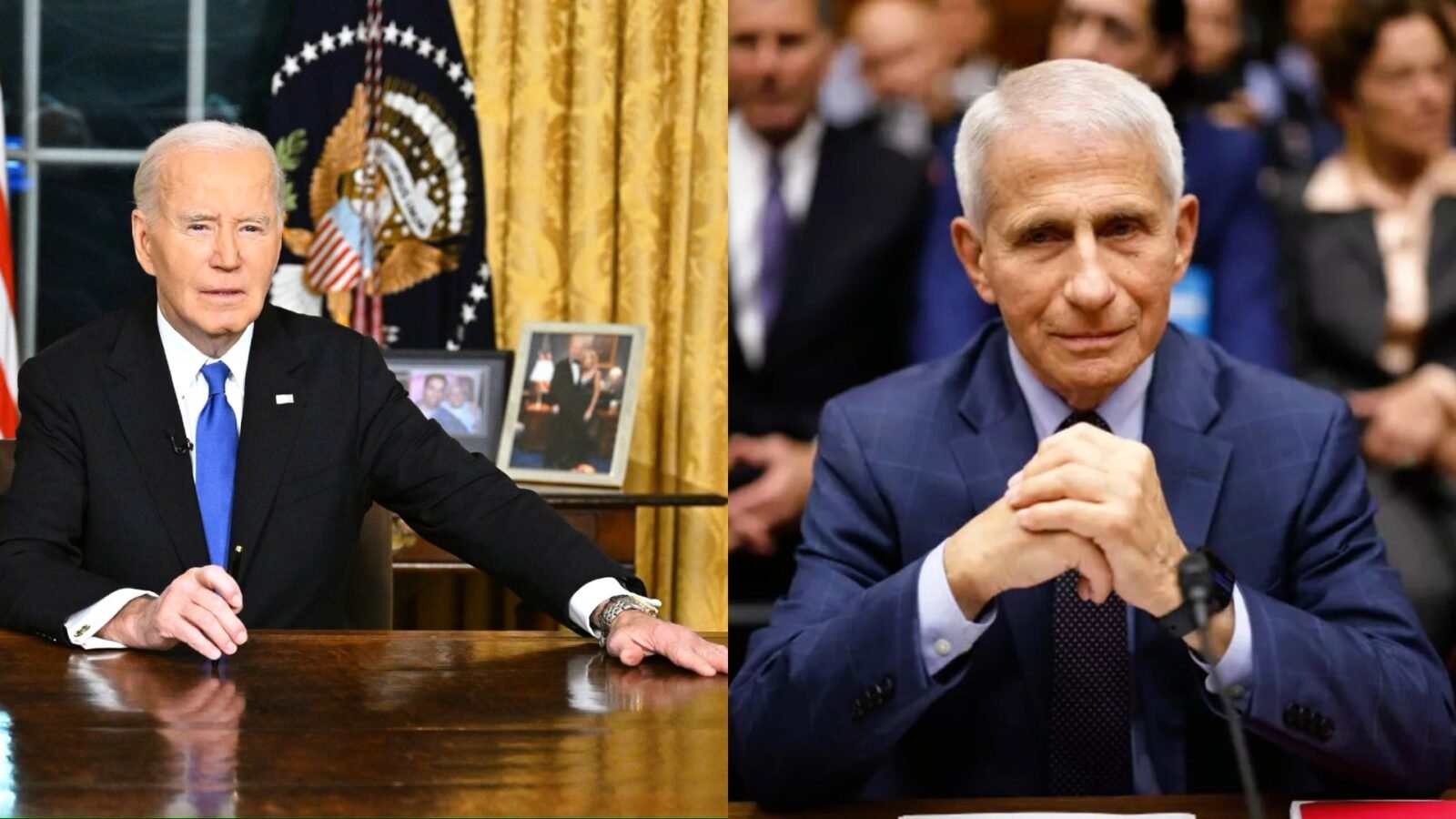President Joe Biden’s final hours in the Oval Office marked a historic and unconventional use of presidential clemency powers. By issuing preemptive pardons to Dr. Anthony Fauci, retired General Mark Milley, and members of the House committee investigating the January 6 Capitol attack, Biden made a decisive move to protect key figures from potential political retaliation under the incoming Trump administration. This act underscores Biden’s commitment to safeguarding democracy while addressing concerns about the erosion of institutional norms.
Biden’s pardons are unprecedented in scope, extending to individuals who have not been formally accused of any wrongdoing. He clarified that these pardons should not be interpreted as admissions of guilt but rather as a shield against potential harm to their reputations and livelihoods. Among those protected, Dr. Anthony Fauci and General Mark Milley stand out as high-profile figures who faced significant criticism from Trump and his allies. Fauci, a leading public health expert, became a polarizing figure during the COVID-19 pandemic for his science-based approach and rejection of Trump’s unfounded claims. Milley, the former chairman of the Joint Chiefs of Staff, openly criticized Trump’s rhetoric and policies, earning both praise and backlash.

Anthony Fauci has been threatened with legal action © Getty Images
The pardons also cover members of the January 6 committee, including prominent figures like Liz Cheney and Adam Kinzinger, as well as Capitol and D.C. Metropolitan Police officers who testified about the insurrection. These individuals were instrumental in uncovering the events surrounding the attack on the Capitol, despite facing threats and intense political pressure. Biden described their efforts as essential to preserving democracy and expressed gratitude for their service.
This decision follows Trump’s warnings of an “enemies list” targeting those he believes betrayed him politically. By pardoning these individuals, Biden aimed to mitigate the risk of politically motivated investigations or prosecutions under a Trump-led administration. His actions highlight the growing concern over the potential abuse of power and the fragility of democratic institutions in a highly polarized political climate.
Biden’s presidency has been characterized by a broader approach to clemency, including commuting sentences for thousands of nonviolent drug offenders and halting federal executions. This legacy of compassion and justice contrasts sharply with Trump’s aggressive stance on law enforcement and capital punishment. Biden’s farewell address further emphasized the importance of protecting democratic values, warning against the rise of authoritarianism and oligarchy while expressing hope for the nation’s resilience.
As the political landscape evolves, Biden’s decision to issue preemptive pardons will likely remain a subject of intense debate. Supporters view it as a bold defense of democracy, while critics may question the implications of pardoning individuals without formal charges. Regardless of perspective, Biden’s actions reflect his unwavering belief in the importance of protecting public servants and preserving the integrity of democratic institutions. His final act as president sends a powerful message about the enduring need to uphold justice and accountability, even in the face of unprecedented challenges.
